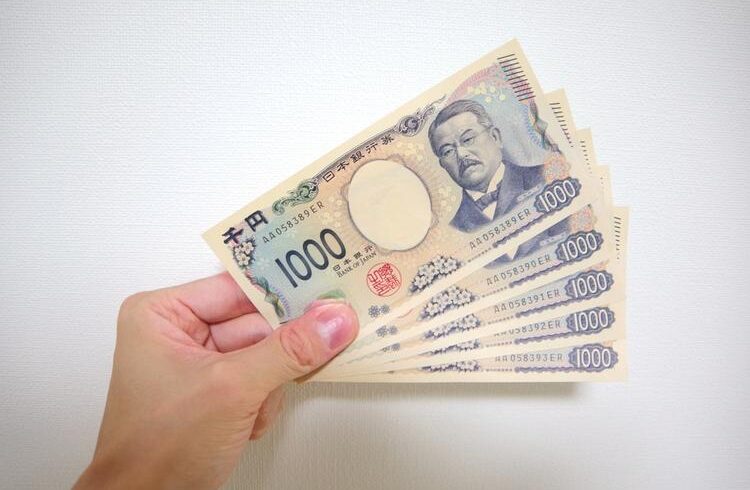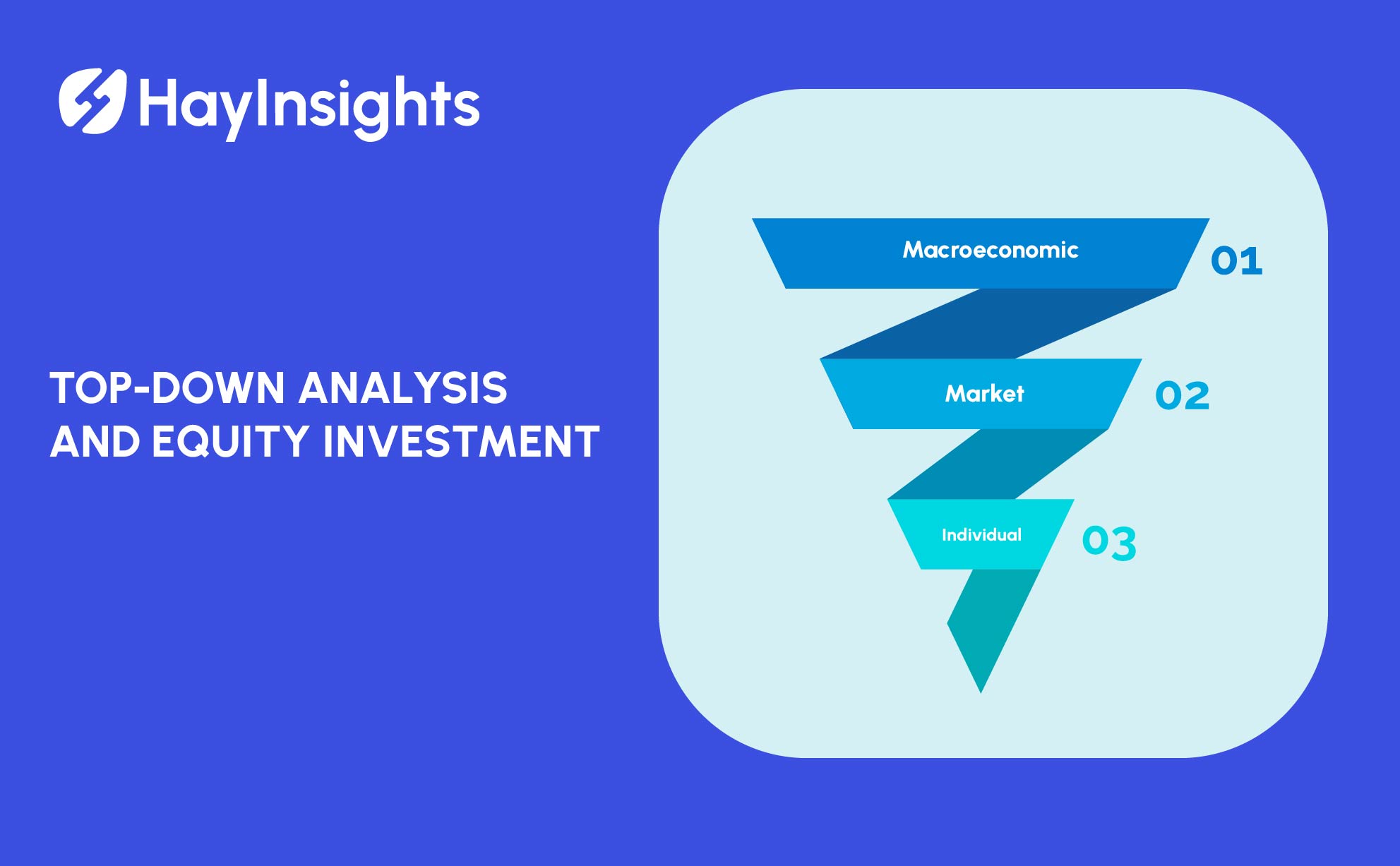
Japan Forex: Opportunities and How to Start Investing 2024
Japan is a powerhouse in the global forex market, offering opportunities for investors to tap into the world’s third-largest economy and its dynamic currency, the Japanese yen (JPY). Known for its stability and significant role in global finance, forex trading in Japan attracts both domestic and international traders. If you’re considering entering this market, understanding its unique characteristics, regulations, and strategies is essential. This guide provides an introduction to forex investing in Japan, highlighting key aspects to help you get started.
1. Why Invest in Forex in Japan?
The Japanese forex market is one of the most active globally, with several compelling reasons to consider investing:
- The Japanese Yen’s Global Role: The yen is the third most-traded currency worldwide, following the US dollar (USD) and the euro (EUR). Its status as a safe-haven currency during economic uncertainty makes it attractive for investors.
- Diverse Opportunities: The forex market operates 24 hours a day, enabling traders to engage in transactions across different time zones and respond quickly to market developments.
- Retail Trader Participation: Japan has a large and active community of retail forex traders, making the market highly liquid and dynamic.
2. The Role of the Japanese Yen (JPY) in Forex
The Japanese yen plays a unique role in global finance, influencing trading strategies:
- Safe-Haven Currency: The yen strengthens during periods of global economic instability, as investors seek refuge in its perceived stability.
- Carry Trade: Due to Japan’s historically low interest rates, traders often borrow yen to invest in higher-yielding currencies like the Australian dollar (AUD) or New Zealand dollar (NZD). This strategy, known as the carry trade, is a key driver of forex trading in Japan.
3. Understanding the Forex Market in Japan
The forex market is decentralized, operating globally across major financial centers. In Japan, the forex market is influenced by factors such as:
- The Bank of Japan (BoJ): BoJ policies, particularly regarding interest rates and quantitative easing, significantly impact the yen’s value. Monitoring BoJ decisions is critical for forex investors.
- Economic Indicators: Key metrics like GDP growth, inflation, trade balance, and employment data can cause fluctuations in the yen.
- Geopolitical Events: Japan’s export-heavy economy makes its currency sensitive to global trade dynamics and geopolitical events.
4. Regulatory Environment for Forex Trading in Japan
Japan has one of the most robust regulatory frameworks for forex trading, ensuring market integrity and investor protection:
- The Financial Services Agency (FSA): The FSA oversees forex brokers and enforces strict compliance standards. All brokers must be licensed, ensuring security for traders.
- Leverage Limits: To mitigate risks, leverage for retail traders is capped at 25:1 for major currency pairs. This limit protects investors from excessive losses while encouraging responsible trading.
- Segregated Accounts: Licensed brokers are required to keep client funds in segregated accounts, ensuring safety in case of broker insolvency.
5. How to Start Investing in Forex in Japan
Getting started with forex trading in Japan involves several key steps:
Choose a Reputable Broker
- Opt for FSA-regulated brokers, such as SBI FXTRADE or GMO Click Securities.
- Evaluate platforms based on features, trading fees, and customer support.
Open a Trading Account
- Complete the account registration process, which typically includes identity verification and funding your account.
Practice with a Demo Account
- Use a demo account to gain hands-on experience without risking real money. This is particularly helpful for beginners to understand market dynamics.
Learn Forex Strategies
- Study basic strategies such as scalping, day trading, and the carry trade.
- Familiarize yourself with technical and fundamental analysis to inform your trades.
6. Taxation on Forex Profits in Japan
Forex profits are classified as “miscellaneous income” in Japan and are subject to a flat tax rate of 20.315%, which includes a national tax, local tax, and special reconstruction tax. Here’s what you need to know:
- Annual Tax Return: Declare forex earnings during Japan’s tax season (February to March).
- Offset Losses: Losses from forex trading can be offset against gains to reduce taxable income within the same fiscal year.
7. Strategies for Trading Forex in Japan
To succeed in the Japanese forex market, consider adopting these strategies:
- Monitor the Yen’s Safe-Haven Status: The yen often appreciates during global market downturns. Understanding this dynamic can help you anticipate market movements.
- Utilize the Carry Trade: Borrow yen at low interest rates to invest in higher-yielding currencies, earning the difference in interest rates (carry).
- Stay Updated on BoJ Policies: Regularly follow announcements from the Bank of Japan to predict potential currency fluctuations.
8. Risks of Forex Trading in Japan
Forex trading comes with inherent risks, including:
- Currency Volatility: Rapid price movements can lead to significant losses if not managed properly.
- Leverage Risk: While leverage amplifies potential gains, it also increases the risk of substantial losses.
- Economic Sensitivity: The yen’s value can be heavily influenced by global economic and political events.
To mitigate these risks, traders should use stop-loss orders, limit leverage, and continuously educate themselves about market conditions.
9. The Future of Forex Trading in Japan
Japan’s forex market is poised to grow further, driven by technological advancements and increased retail participation. Innovations like AI-powered trading platforms and mobile apps are making forex trading more accessible than ever. As global economic dynamics evolve, the yen’s role in forex trading will remain pivotal.
Conclusion
Forex trading in Japan offers exciting opportunities for both domestic and international investors. With a stable regulatory environment, a liquid market, and the yen’s unique position in global finance, Japan is an attractive destination for forex traders. By understanding the market’s intricacies, choosing reputable brokers, and adopting sound strategies, you can successfully navigate this dynamic market. Remember to stay informed, manage risks, and consult with experts when necessary to maximize your returns.













